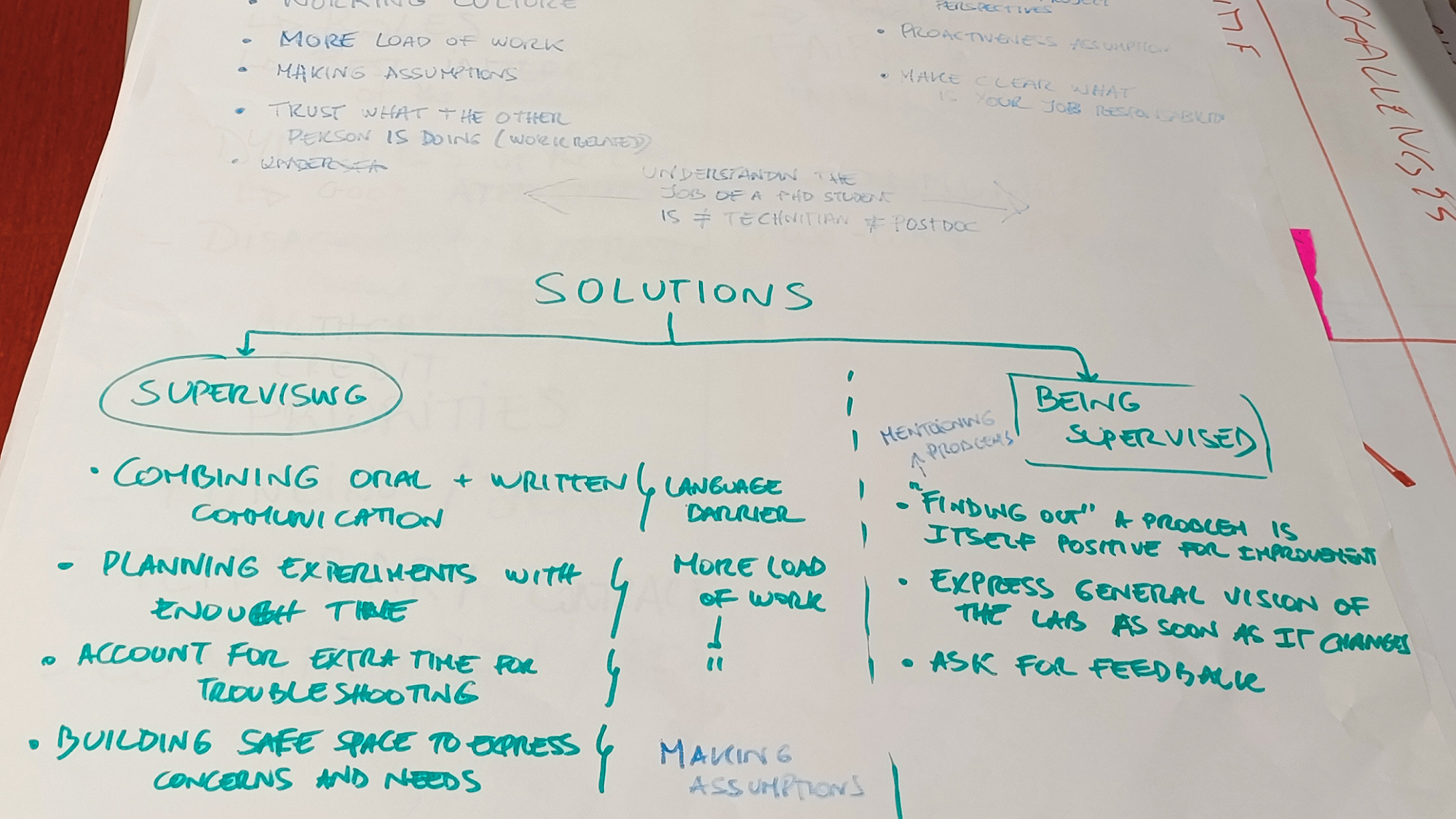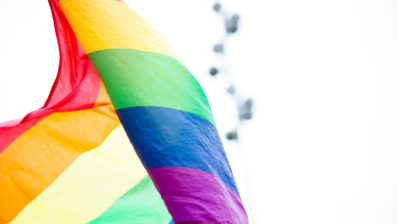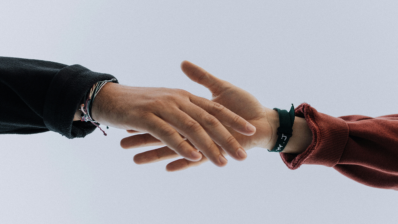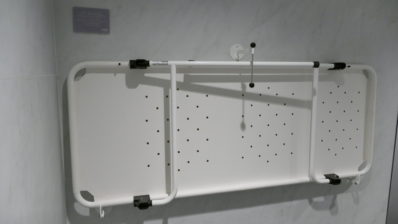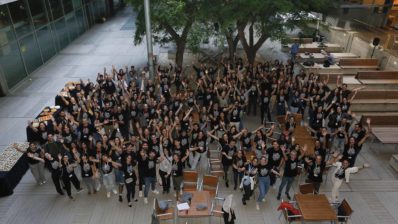On the 14th of February, an event entitled “Collaborative conversations: Challenges and tips on (good) supervision” took place at the Barcelona Biomedical Research Park (PRBB). Organised by the PRBB Good Scientific Practice (GSP) working group, the workshop aimed to get together different stakeholders to discuss supervision and interpersonal relationships at the level of the whole PRBB – and in science in general.
This was a follow up of the “Cafè culture” event that the GSP group organised last July, 2023. There, supervision and interpersonal relationships was highlighted as one of the main things to improve in the research culture.
Over 40 people participated, with more than half of them being Principal Investigators (PIs). The rest were postdocs, PhDs and support staff in equal numbers. Interestingly, although the gender division by category was about 50:50 in all cases, taking into account that the % of female PIs in the park is about 30%, there was a clear overrepresentation of female PIs.
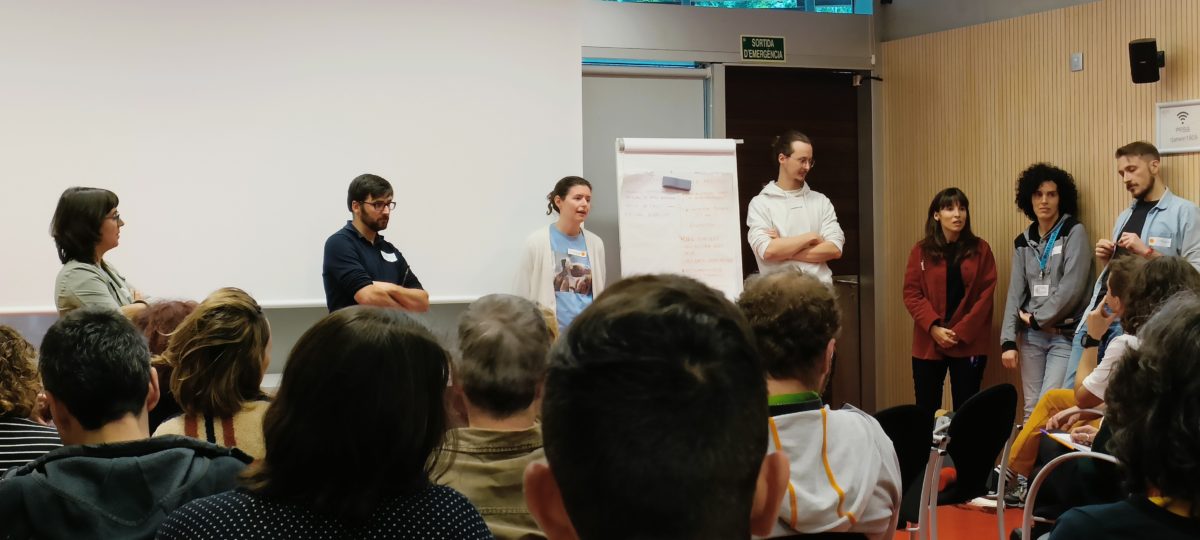
How did it work?
Participants were divided into 5 groups based on their category, and were asked to discuss what were the major challenges, from their point of view, regarding supervision and communication within the lab – as well as to think about potential ways of overcoming these challenges.
On the second part of the event, everyone came together, and all challenges and potential solutions were shared. Some interesting dialogues took place between the different stakeholders, with PIs asking PhDs how they could help them with some of the challenges, and participants from all levels sharing their needs and different perspectives. According to most of the participants who answered the feedback form (who rated the event with 4.2 out of 5), that was precisely the best part of the workshop: reuniting people from different perspectives (PhDs, postdocs, PIs, technicians, admin support) and learning from each other.
“Hearing the opinion of people in different positions to see that some situations can be easier just by asking simple questions”
Anonymous participant
There were many points being discussed, but the same topics kept on appearing, from different points of view. Thus, a decalogue of 10 suggestions to improve the communication and general lab environment was created.
“10 things to do for a healthy research environment in your lab”
- Clear expectations from the beginning: what is expected from the PI, from the PhD, from the postdoc (i.e. if they are (co)supervising, make that explicit, too, recognise it). See example.
- A social contract between student and PI – make sure both go in the same direction. Regularly check the contract to review the priorities on both sides. Document these encounters. See example.
- A trust environment. Make it clear (by saying it often) that the lab is a safe space to 1) share bad results, failures and 2) give constructive criticism to anyone, including the PI.
- Open, positive communication: active listening and validation – PIs should realize the power they (their words and their opinions) have. Combine oral and written communication, when there are language barriers, adapt to each personality.
- Training for supervisors in active listening, peer mentoring, conflict management. See the Intervals programme for some examples available at the PRBB.
- Constructive, positive feedback (positive reinforcement) as well as negative feedback (constructive criticism).
- Regular, honest two-way reviews (after training the whole team on how to give feedback).
- Regular personal meetings to discuss things beyond the project (personal, wellbeing, …). Asking “what can I do for you?”.
- Shared lab vision: Regular meetings where supervisor shares the (long-term) vision for the lab – decisions the lab is taking, new directions, collaborations, new projects, publications… so everyone in the lab feels involved.
- Motivation for PhDs students by making them feel they own their project, and giving them the tools they need.
The results from the workshop (and the ‘decalogue’ of good practices) will be shared with all participants and the leadership of the centres.
This events follows the Cafè culture” that took place in 2023, and the round table on mental wellbeing that took place in 2022.


